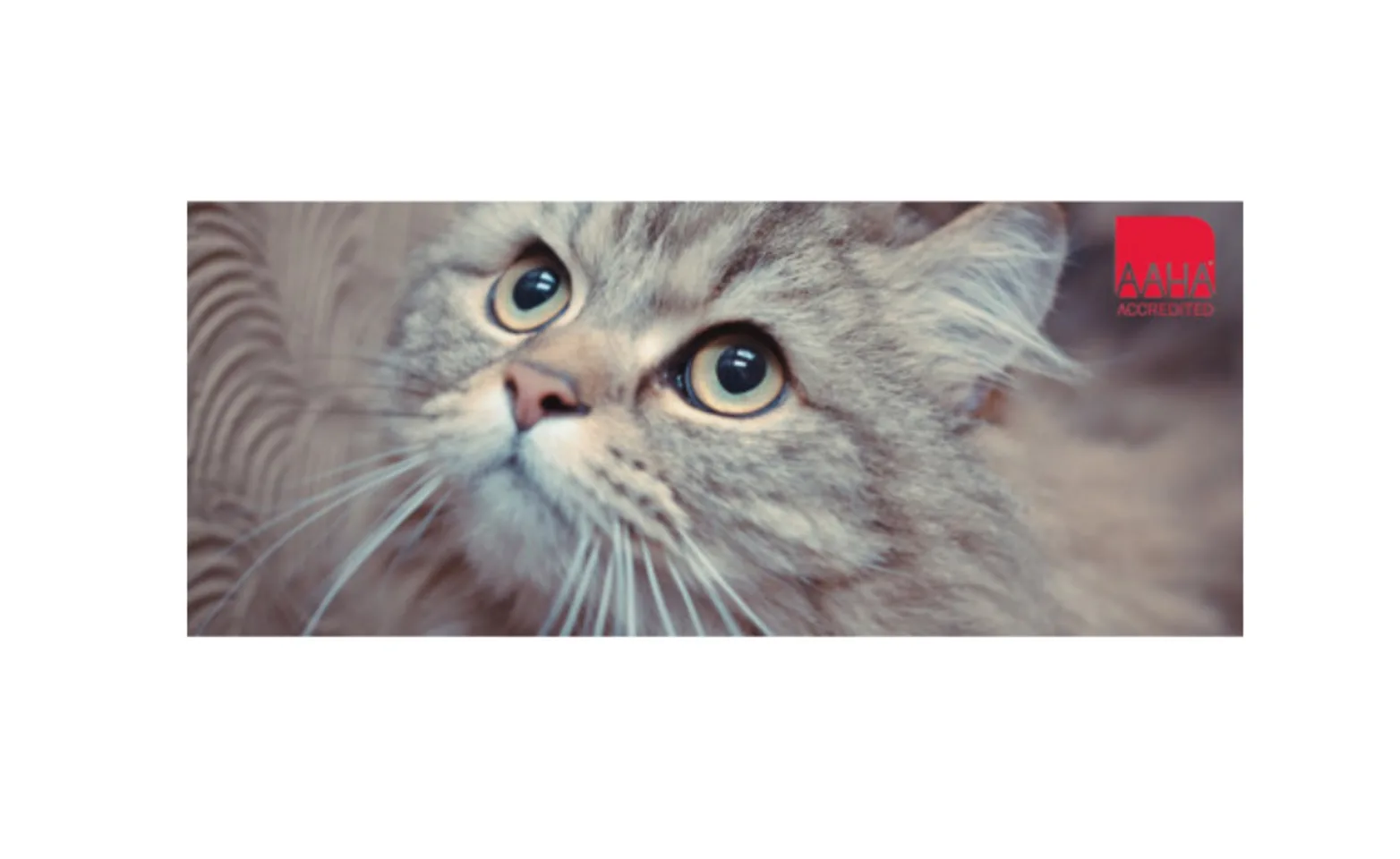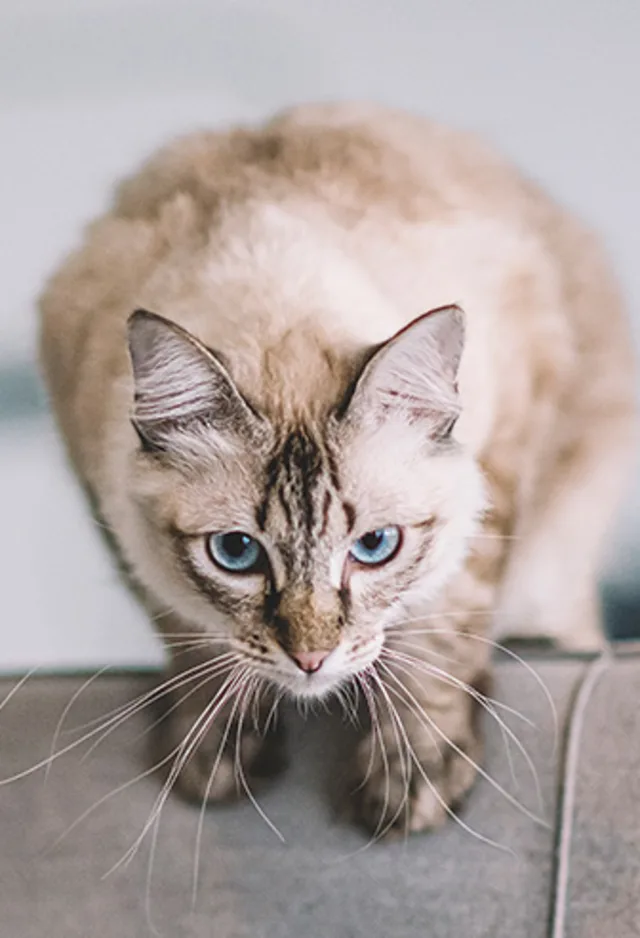Martensville Veterinary Hospital




AAHA and Cat Friendly Practice
Extra certifications such as AAHA and Cat Friendly Practice help ensure you are bringing your pet to a small animal veterinary clinic that provides the highest quality of treatment, care and stress- less environment. But all of us understand that you should make the decisions, and your choices will need to balance your pet’s care with important emotional, economic or philosophical factors in your life. We follow-up on our sick and surgical patients– it is important to us that you feel supported when your pet is not well or has undergone a procedure. We also offer you reliable educational material, through hands-on demonstrations and brochures as well as with links throughout our website, and our online Wellness Plans. All of our clients have free online access to their pet’s medical records 24/7, as well as more educational material, through a PetSites account, if they choose to sign up.





